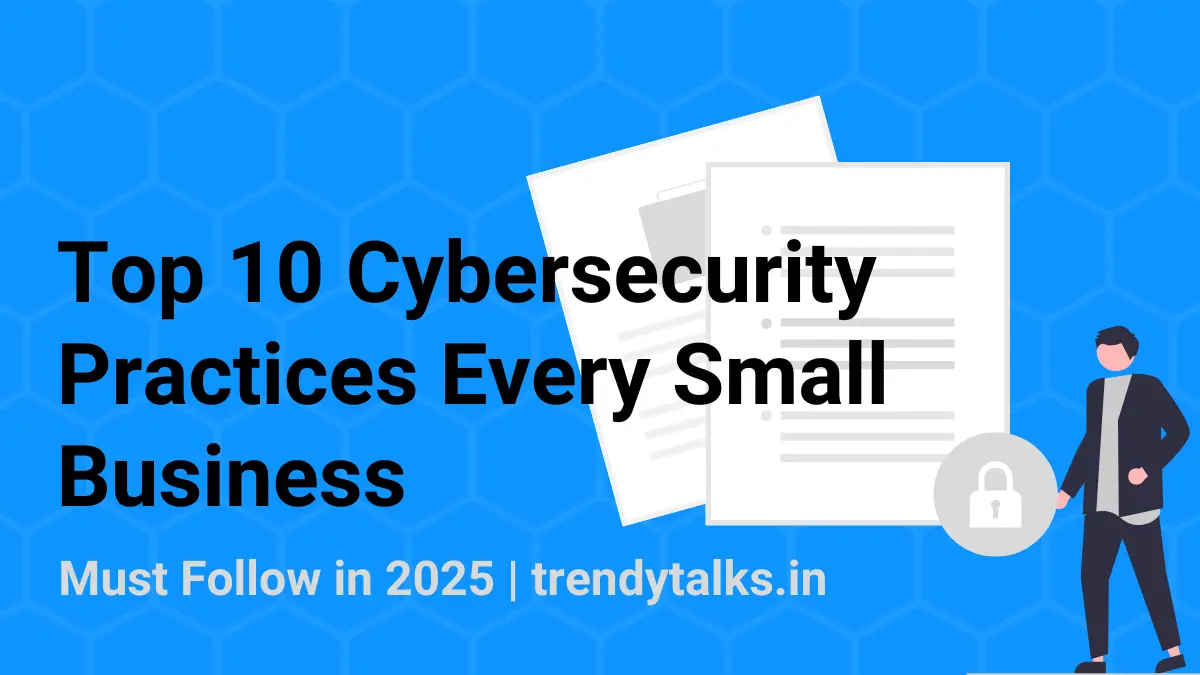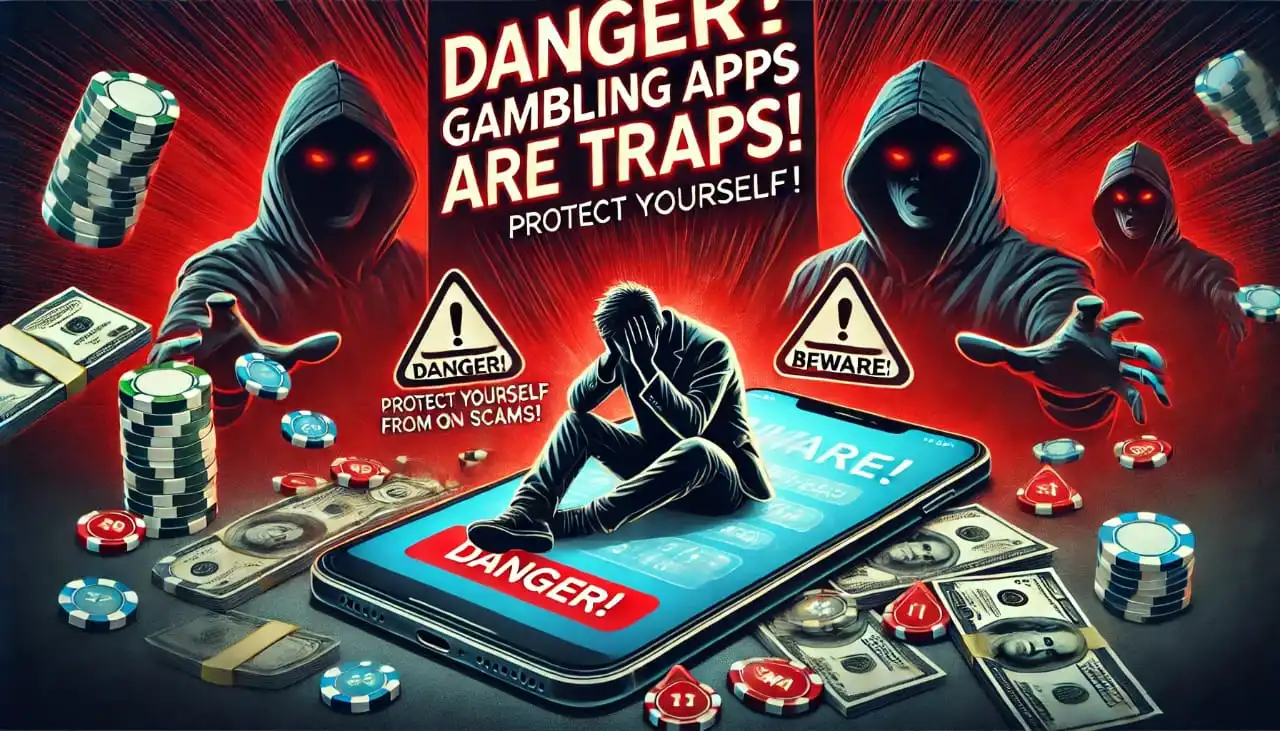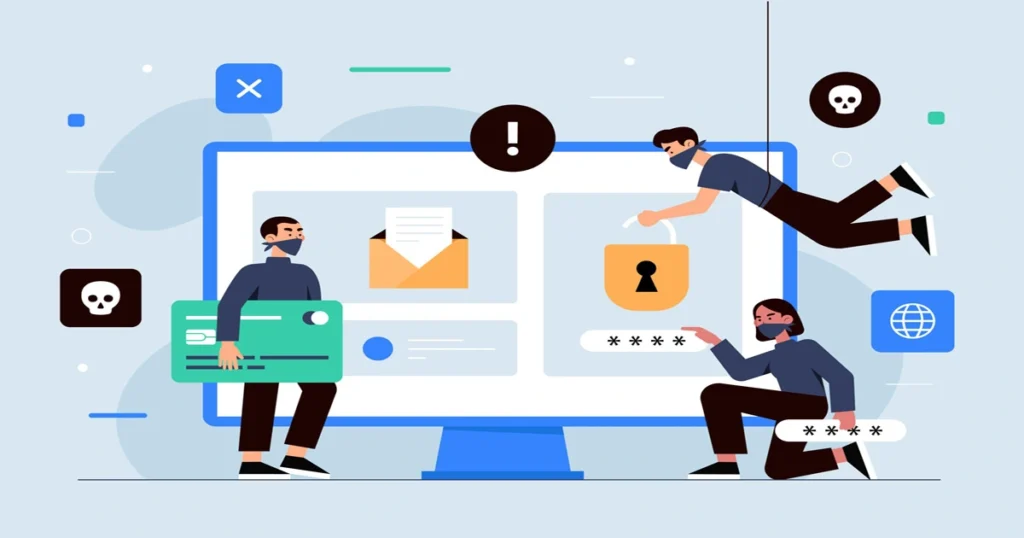
The dark web is a mysterious part of the internet that constitutes around 20% of its total space. Unlike the surface web, which is accessible through traditional search engines like Google or Bing, the dark web requires specialized tools such as the Tor browser for access. It’s widely known for its privacy features but is equally notorious for illegal activities. However, contrary to popular belief, not all activities on the dark web are unlawful. Many people use it for legitimate purposes, such as maintaining anonymity or conducting research.
In this blog, we’ll delve into the distinctions between the dark web and the surface web, highlight its legal and illegal uses, and provide tips to ensure safety.
How is the Dark Web distinct from the Surface Web?
The dark web operates on a different infrastructure compared to the surface web. Websites on the dark web do not use standard domain extensions like .com or .org; instead, they end with .onion domains that are not indexed by conventional search engines.
To access these sites, users need the Tor (The Onion Router) browser, which routes your internet traffic through multiple encrypted layers of servers worldwide. This process makes it nearly impossible to trace your IP address or determine your real identity.
In contrast, the surface web is what most people interact with daily. It is accessible to everyone, fully indexed by search engines, and primarily consists of public-facing websites like blogs, e-commerce stores, and social media platforms.
Permitted and Prohibited Activitieson the Dark Web
The dark web is a mixed bag. While it has become a hotspot for criminals, it also serves as a vital resource for individuals and organizations seeking privacy and freedom in a highly monitored digital world. Let’s break it down further:
Illegal Activities
- Black Markets for Drugs and Weapons:
The dark web is infamous for its black marketplaces, where users can buy and sell illegal goods such as drugs, firearms, and counterfeit items. These marketplaces, like the notorious Silk Road (shut down in 2013), allow anonymous transactions using cryptocurrencies like Bitcoin, making it difficult for law enforcement to trace these deals. - Cybercrime and Hacking Tools:
Hackers utilize the dark web to share tools, exchange techniques, and sell stolen data, including credit card information and login credentials. It’s also a hub for malware distribution and phishing campaigns, with entire forums dedicated to teaching hacking skills. - Terrorist Communication:
Terrorist organizations use the dark web to communicate, plan operations, and share propaganda. Its anonymity allows them to evade detection while coordinating their illegal activities across borders. - Human Trafficking and Exploitation:
Some parts of the dark web are associated with heinous crimes like human trafficking. While these activities are difficult to track, law enforcement agencies have made significant efforts to combat such operations.
Legal Activities
While much of the dark web's reputation revolves around illegal activities, it also offers many legitimate uses:
- Research and Education:
Cybersecurity professionals, ethical hackers, and researchers often turn to the dark web for educational purposes. It offers access to unique datasets, cybersecurity tools, and information not readily available on the surface web. - Privacy and Security:
For individuals living in countries with heavy internet censorship, the dark web provides a platform to communicate freely and anonymously. Whistleblowers and activists often use it to share sensitive information without revealing their identities. - Investigative Journalism:
The dark web is a critical tool for journalists investigating sensitive topics like organized crime, drug trafficking, or government corruption. It allows them to maintain secure communication with sources while protecting their identities. - Law Enforcement Operations:
Law enforcement agencies like the CIA, FBI, and Interpol use the dark web to monitor criminal activity, gather intelligence, and set traps for criminals. Operatives often create fake profiles to infiltrate illicit networks and collect evidence.
What Are Red Rooms? Fact or Fiction?
One of the most sensationalized topics about the dark web is the concept of Red Rooms—alleged platforms where viewers pay cryptocurrencies to watch live-streamed acts of torture, murder, and other heinous crimes.
Despite the widespread rumours and horror stories, there is no concrete evidence to prove the existence of Red Rooms. Most experts believe they are myths perpetuated by media sensationalism. Nevertheless, stories about Red Rooms continue to fuel public curiosity about the dark web.
Why You Should Be Cautious When Accessing the Dark Web
Although the dark web serves some legitimate purposes, it is fraught with risks. Hackers, cybercriminals, and scammers are highly active, and a single misstep could compromise your privacy or put you at risk.
These are some major dangers linked to accessing the dark web.
- Malware Attacks: Clicking on the wrong link can lead to downloading malware that gives hackers full control of your device.
- Phishing Scams: Fraudulent websites often pose as legitimate services to steal your credentials or personal data.
- Data Breaches: Many stolen databases and login credentials are traded on the dark web, potentially exposing your private information.
Safety Tips for Exploring the Dark Web
If you are planning to access the dark web for research or other legitimate purposes, follow these safety tips to minimize risks:
- Use a VPN (Virtual Private Network):
A VPN ensures privacy by masking your IP and safeguarding your online traffic with encryption.This prevents your internet service provider (ISP) or third parties from tracking your online activities. - Install the Tor Browser Safely:
Download the Tor browser only from its official website to avoid counterfeit versions that may be infected with malware. - Avoid Sharing Personal Information:
Never share your real name, address, or other identifiable information while browsing the dark web. - Be Careful with Links:
Do not click on links from unverified sources. They could lead to phishing sites or malware infections. - Use an Isolated Device:
Consider using a separate device with minimal personal data stored on it for accessing the dark web. This minimizes the consequences of a possible security breach.
The Dark Web’s Role in the Digital Age
The dark web exists in a moral gray zone, functioning as both a tool for legitimate purposes and a hub for criminal activity. For some, it is a refuge from surveillance and censorship; for others, it is a platform for illicit dealings. Its existence raises important questions about privacy, freedom, and ethics in the digital age.
As the digital landscape continues to evolve, so will the dark web. Governments, organizations, and individuals will need to strike a balance between leveraging its benefits and mitigating its risks.
Final Words: Should You Explore the Dark Web?
The dark web is not inherently good or bad, it is simply a tool. Whether you choose to explore it depends on your purpose and level of preparation. If you have a valid reason to access it, such as research or education, ensure you follow safety protocols to protect your data and privacy.
The dark web isn't meant for casual browsing - its risks demand proper understanding first. It is a dangerous place where one wrong click can lead to serious consequences. Gain knowledge, stay cautious and prioritize your online safety.
Latest Article













